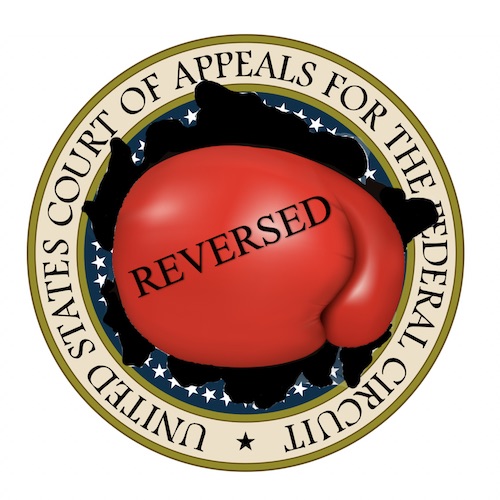When Residence and Family Business Were Housed on Property, it Became Marital Asset
The business was a sole proprietorship, and he had a bank account that was “sort of a personal account” and “sort of a business account.”
Tennessee case summary on property division classification in divorce.
Kelly R. Harris v. Lonnie C. Harris
The husband in this Knox County, Tennessee, case purchased about 15 acres of property in 1987, and paid $97,000, about eight years before his marriage. Prior to the marriage, the wife worked for the husband as secretary. About six months after the wedding, the built an apartment over the barn on that property and used that as their marital residence. They subsequently built a home on the property.
The property also housed a nursery owned by the husband for the first ten years of the marriage. The business was a sole proprietorship, and he had a bank account that was “sort of a personal account” and “sort of a business account.” When the husband was away on jobs, the wife ran the business, and she also cared for and homeschooled the two children.
After ten years, the husband retired and leased the business to the wife. But he continued to use the same checking account. Money from an inheritance was transferred to the couple’s joint account for bills relating to the property.
In 2015, the husband developed cancer, and the wife convinced him to transfer inheritance funds to his account for medical bills. But the husband contended that the money secretly went to someone she had met online. The wife asserted, however, that the money was for legitimate marital expenses.
When the couple divorced, the trial court divided the marital property 50/50, and the husband appealed to the Tennessee Court of Appeals. Among his issues was his claim that the property division was not equitable.
In particular, he argued that the property in question was his separate property before the marriage and should have remained such. The court noted that this invoked the doctrines of transmutation and comingling. Under these doctrines, separate property can become marital property when it is treated in such a way to show an intention to make it marital. For example, it cited an earlier case in which a marital residence was placed on a piece of separate property, resulting in the whole parcel becoming marital.
In this case, in addition to the house, the trial court had noted that the parties had jointly used the property to operate their business, and paid taxes and expenses with marital funds. The appeals court, after reviewing the evidence, agreed with the lower court that the evidence supported this finding. The fact that the wife’s name was never added to the deed was not conclusive.
For that reason, the appeals court affirmed the classification of the property.
The husband fared better, however, when it came to the percentage of the split. After considering the husband’s claim that the wife had dissipated assets, it adjusted the distribution so that the husband would receive 75% and the wife 25%.
The husband also argued that the trial court should have granted him more leeway as a pro se litigant, but the appeals court disagreed.
For these reasons, the Court of Appeals affirmed the judgment as modified.
No. E2023-00061-COA-R3-CV (Tenn. Ct. App. Dec. 18, 2023).
See original opinion for exact language. Legal citations omitted.
To learn more, see Commingling Money & Assets with Marital Property in Tennessee Divorce, Property Division in Tennessee Divorce and view our video Is Tennessee a 50 50 divorce state?






